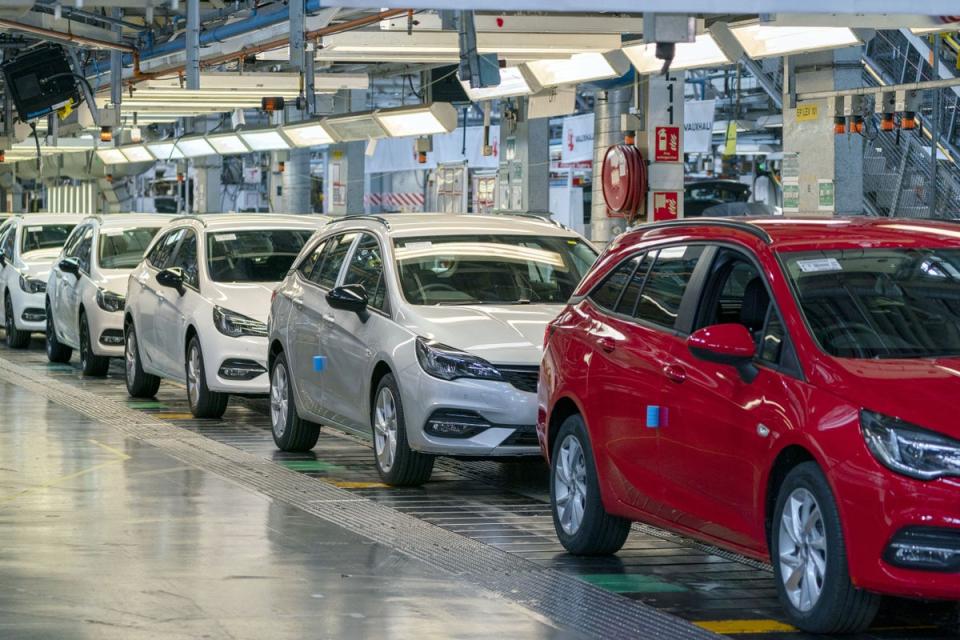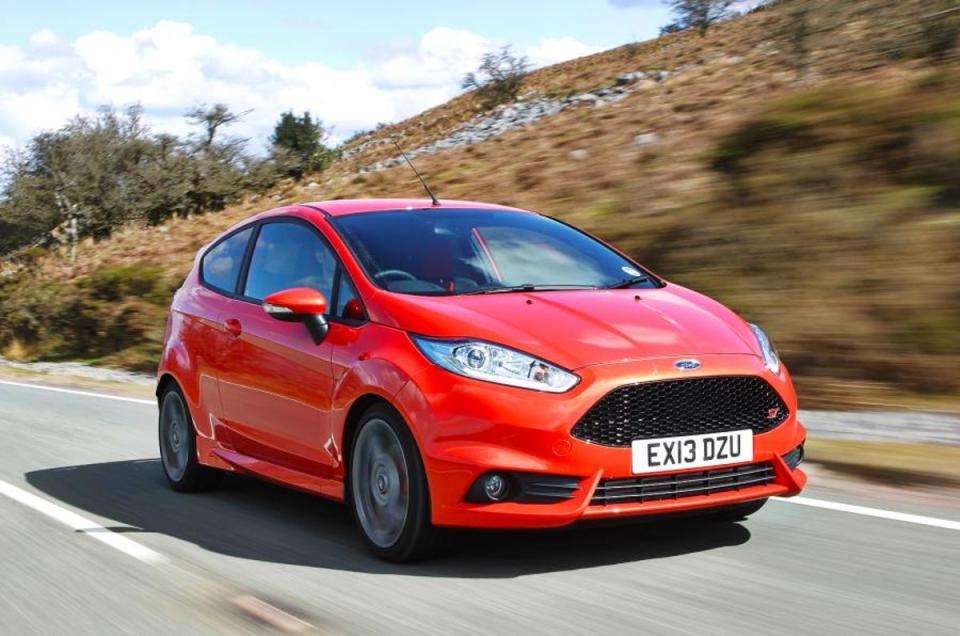New car sales go up a gear as long journey back from pandemic lows goes on

The longest drive higher in new car sales in eight years sparked some hope that the UK economy is going up a gear today, with figures showing a continued rise for May.
It meant that the market had its best stretch of uninterrupted growth since 2015. Registrations of new vehicles was up almost 17% to 145,204 according to the Society of Motor Manufacturers and Traders.
Despite the long rebound, overall registrations remain under pre-pandemic levels, by over a fifth, from 2019. Cars bought to add to company fleets led the rise, in a sign that supply chain problems were easing. The number of private registrations dipped by 0.5% to just under 66,000.
Petrol cars kept their status as the country’s top seller, although with a ban on new combustion engines looming from 2030, industry figures pointed out that further growth would soon depend on electric vehicles.
It came as Ford prepares to end production of its iconic Fiesta car this month, as the trade gears up for an electric future.
Mark Oakley, Director of AA Cars, said the fate of the Fiesta was “the end of an era” and a “watershed moment” in the transition to electric vehicles.
“With battery electric vehicle sales rocketing by 58.7% year on year, we could soon see other popular cars cease production well before the 2030 cut-off,” he added.

Overall, Oakley called the new car figures “the gift that keeps on giving,” adding: “Supply is holding up well, with a 10% increase in UK car production in April and robust demand helping this additional output translate into higher sales.”
The numbers were out as oil prices rose on global markets, following moves by Saudi Arabia to cut production by 1 million barrels a day, in order to support crude after a 10-month slide in the commodity. In afternoon London trade, Brent oil contracts were up $1.81 a barrel at $77.97.
Drivers’ organisations have been pointing out recently that at-the-pump prices still have further to fall to take in the full effect of the wider slide in oil, meaning today’s rebound should have little impact on the forecourt.
The RAC said over the weekend that the price of diesel fell by a record last month, with 12p coming off the price of a litre. But it also said it was “overdue”, pointing out that the fuel is still 8.5p per litre cheaper in Northern Ireland than the rest of the UK.
RAC fuel spokesman Simon Williams said: “We strongly hope the pump price reductions continue as they should. If greater transparency returns to the market we ought to be heading for an average diesel price of 137p”.
London drivers are paying more than the 158.91p per litre UK average for diesel, with cabbies and van drivers forking out 161.17p, the highest regional average in the country.
Petrol costs 147.50p a litre in London, also the highest, and more than the 146.37p national average. Northern Ireland is also the lowest, at 143.98p.

 Yahoo Sports
Yahoo Sports 